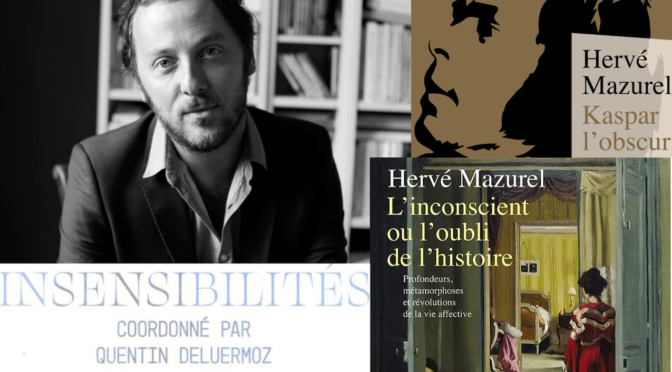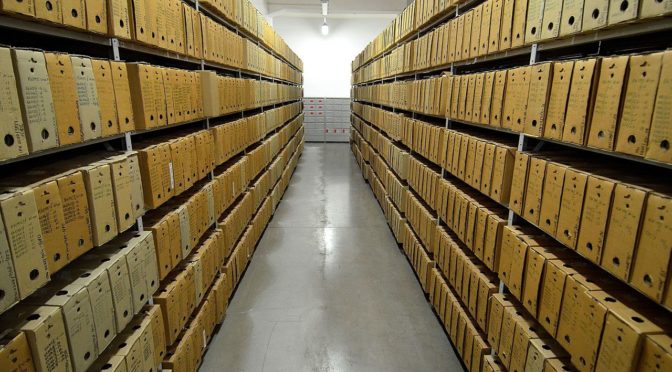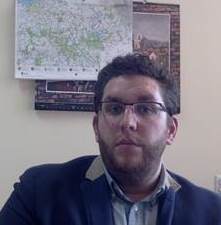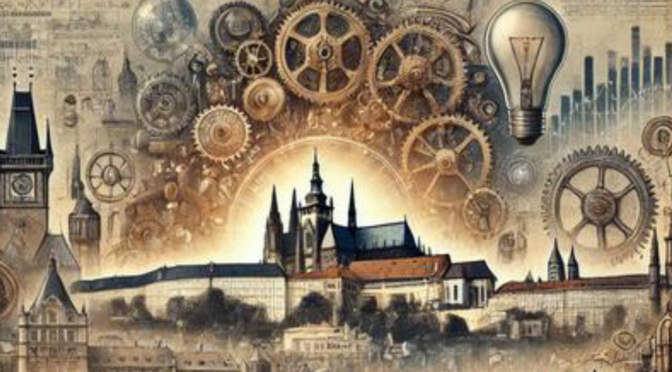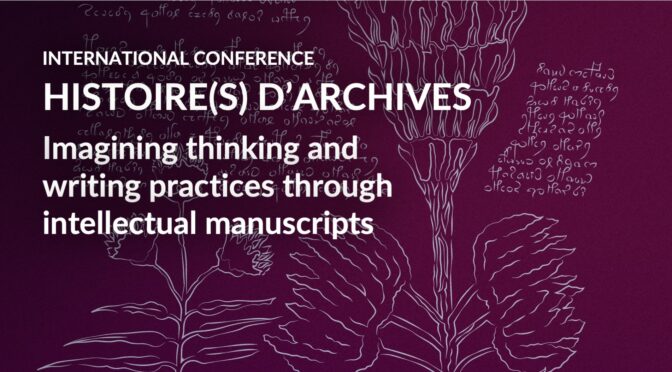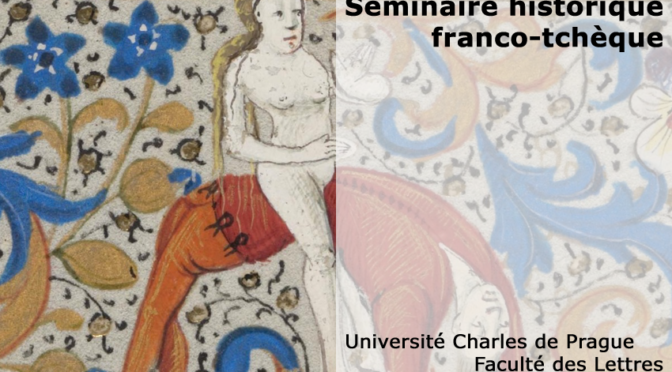LECTURE: History of sensibilities, with Hervé Mazurel.
Location: CEFRES, Na Florenci 3, Prague
Date: September 21, 2023, 5:30 pm
Convenor: Ondřej Matějka (Faculty of Social Sciences Charles University)
Language: French (with translation into Czech provided by Ondřej Matějka and Josef Fulka)
On the occasion of his stay in Prague, Hervé Mazurel will hold a lecture about his book L’inconscient ou l’oubli de l’histoire. Profondeurs, métamorphoses et révolutions de la vie affective (La Découverte, 2021). Professor at the University of Burgundy, he is one of the most eminent specialists of the history of the body, sensibilities and the imaginary, specialising in nineteenth-century Europe. He is also co-director of the review Sensibilités. Histoire, critique et sciences sociales. As an epistemologist, he is also involved in revitalising the relationship between history, the social sciences and the disciplines of the psyche.
Link : https://us02web.zoom.us/j/88202130264
A round-table discussion will follow this lecture:
ROUNDTABLE DISCUSSION : Exposing psychoanalysis to history.
Location: CEFRES, Na Florenci 3, Prague
Date: September 22, 2023, 10 a.m.
Language: English
On Friday, September 22, a round-table discussion will be organized from 10:00 to 11:30 a.m. This exchange will be held in English.
With the participation of Ondřej Matějka (FSV UK) and Josef Fulka (FHS UK).
In order to participate, please contact Mr. Ondřej Matějka (ondrej.matejka@fsv.cuni.cz).

